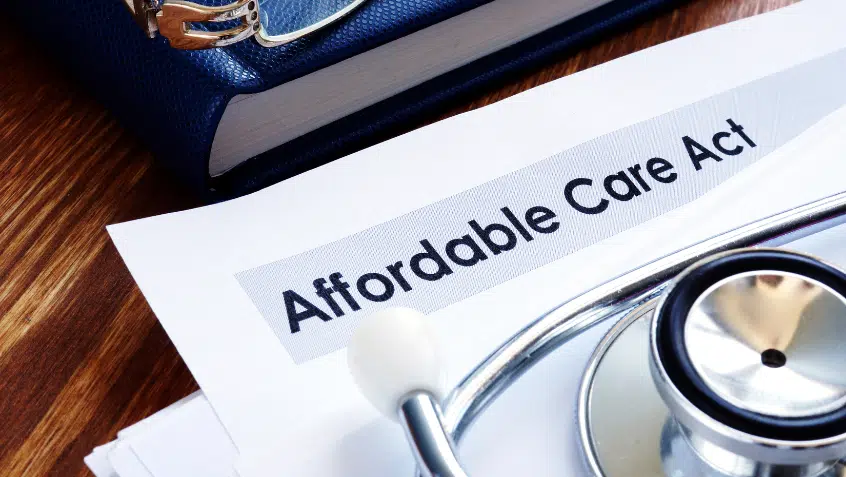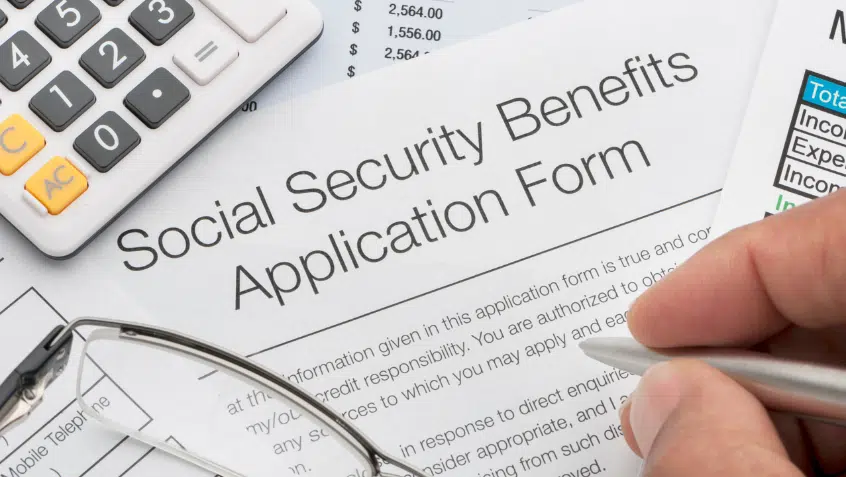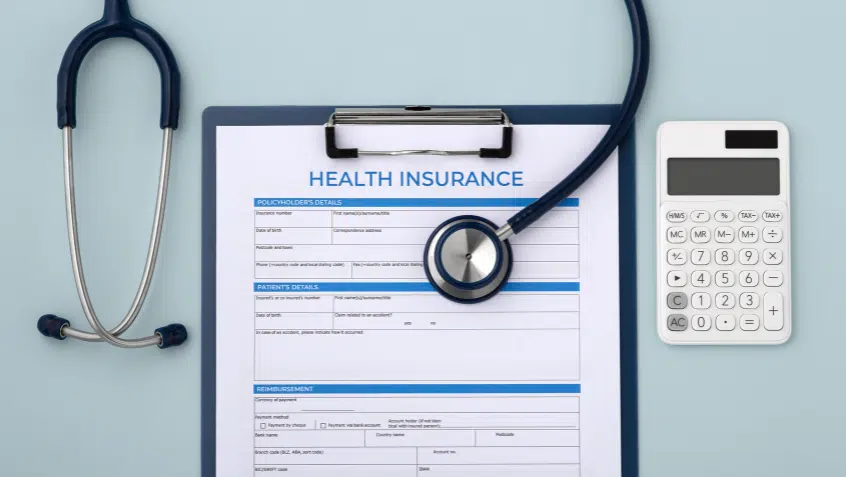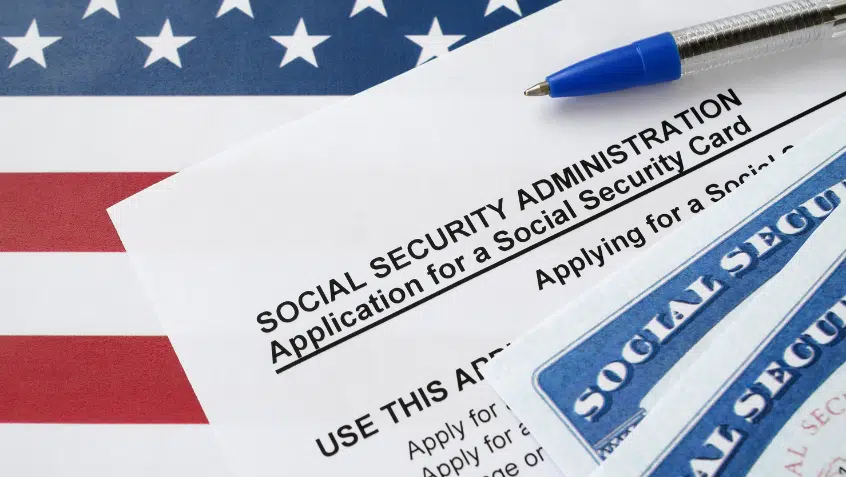New Poll Shows Considerable Public Support for Proposed Medicare Changes in the Build Back Better Plan

There is significant public, bipartisan support for the Medicare policy changes lawmakers are considering for inclusion in the Build Back Better budget reconciliation bill.
One recent poll finds 84% of Americans—89% of Democrats and 79% of Republicans—favor adding dental, vision, and hearing coverage to Medicare. Another, out this week from the Kaiser Family Foundation (KFF), indicates similar levels of support for allowing Medicare to negotiate drug prices—83% were in favor, including 91% of Democrats; 76% of Republicans; and 84% of older adults, who would be most affected by this shift. The support holds steady even after the respondents learn the arguments for and against the policy.
In the budget bill, these popular provisions are linked: the $450 billion in projected savings from the Medicare drug pricing reforms would more than pay for the new Part B benefits. A similar, but more generous expansion was previously estimated to cost $358 billion.
They are also connected in form and function; they would work together to strengthen Medicare coverage and affordability. Half of all people with Medicare live on $29,650 or less per year, while one-quarter have less than $8,500 in savings. Health care costs take up a disproportionate share of Medicare beneficiaries’ limited budgets—nearly 30% of Medicare households spend 20% or more of their income on health care, while only 6% of non-Medicare households do so.
A significant portion of this spending is on prescription drugs. People with Medicare take an average of four to five prescriptions per month, and over two-thirds have multiple chronic conditions. Already, many do not fill their prescriptions or take them as directed due to cost and can experience worse health outcomes as a result. Although beneficiaries cannot afford to pay more for care, annual drug price hikes consistently exceed the rate of inflation,and new drugs are launching at ever-higher price points, further eroding access.
Similarly, high out-of-pocket costs for vision, hearing, and dental care mean these services are often out of reach for people with Medicare. In 2018, 43% of beneficiaries who had vision trouble did not have an eye exam in the past year; 75% who needed a hearing aid did not have one, and 70% who had trouble eating because of their teeth had not visited a dentist in the past year.
Congress must act swiftly to address these affordability and coverage gaps and the resulting unmet needs. The budget reconciliation bill is an historic opportunity to do just that. We urge Congress to rise to the moment by lowering prescription drug prices and improving Part B coverage in the legislation. These popular, commonsense reforms would strengthen Medicare as well as beneficiary health and economic security.
Weigh in today! Tell Congress now is the time for transformational improvements and lasting change.
The Latest
Most Read
Trump Administration and Elon Musk’s DOGE Closing Social Security Offices, Harming Access to Services
Threats to the Social Security Administration and to Benefits Continue to Raise Alarm
 House Advances Harmful Budget Plan
House Advances Harmful Budget Plan New Resources Show House Budget Would Slash Medicaid, Despite Voters’ Support of Program
Add Medicare to Your Inbox
Sign up to receive Medicare news, policy developments, and other useful updates from the Medicare Rights.
View this profile on InstagramMedicare Rights Center (@medicarerights) • Instagram photos and videos








